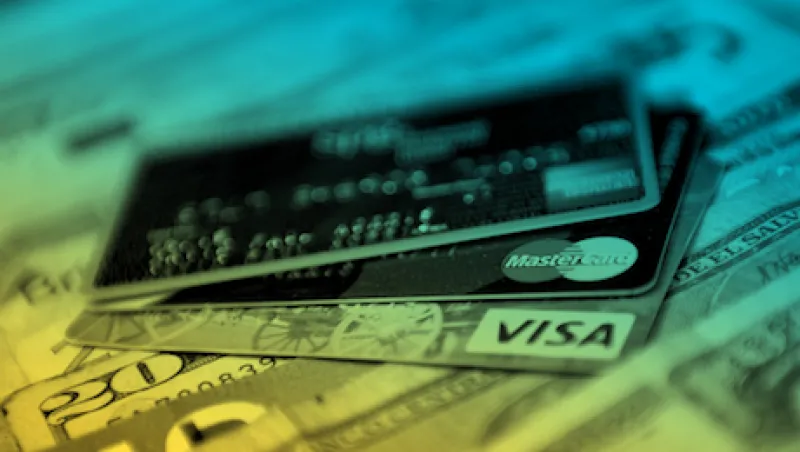COINS, CURRENCY, checks and credit cards — marvels of portable value that have stood the test of time — are eminently replaceable by new technologies. Banks succeeded at automating old products and processes with ATMs and online services. But despite spending hundreds of billions of dollars a year on technology and paying more than a little lip service to innovation, the banking industry has largely ceded monetary reinvention to others.
Credit for one of the major consumer transaction advances of the Internet era — the ability to make person-to-person electronic payments — goes to PayPal, a 1990s creation of Silicon Valley entrepreneurs that is now owned by eBay.
Square, a San Francisco company started three years ago by Twitter co-founder Jack Dorsey, sells a compact card reader that turns smartphones and tablets into payment terminals. Systems like Square, which recently announced a processing deal with, and a $25 million equity investment by, Starbucks Corp., could be highly disruptive to the networks of conventional point-of-sale devices and incumbent card processors’ cost structures.
Smartphones are being promoted as payment devices, even without attachments like Square’s. PayPal, which has recruited more than 15 major retailers to a mobile-payments initiative of its own, in July acquired Card.io, which has developed a way to initiate payments by taking a cell phone picture of a credit or debit card. In August a consortium including Target Corp. and Wal-Mart Stores formed Merchant Customer Exchange to rival PayPal, Square and the Google Wallet service.
Still, we are talking about cards. The good news for banks is that they dominate today’s card business and profit regardless of how transactions take place. But money is becoming more virtual.
“The fact that we still have to take out a piece of plastic from our pockets to tell a computer who we are is a little bizarre,” says John Reed, former chairman and CEO of Citibank, which had much to do with making bank cards as ubiquitous as they are.
Emerging markets that lack the infrastructures of industrialized countries are leapfrogging straight to noncard systems. In M-Pesa, a network run by Kenyan mobile operator Safaricom that has grown to 17 million accounts in five years, cell phones function as payment devices.
Banks are making some moves that indicate they don’t want to let the mobility trend get away from them. To meet demand for person-to-person and other direct electronic transactions, Bank of America Corp., JPMorgan Chase & Co. and Wells Fargo & Co. formed a joint venture, clearXchange, in May 2011. AT&T, Citibank, MasterCard, Société Générale, Verizon Communications and Visa, among others, have formed partnerships with Obopay, a seven-year-old mobile payments software company based in San Mateo, California.
Irving Wladawsky-Berger, who retired in 2007 after 37 years working on technical strategy and innovation at IBM Corp. and then became a strategic adviser to Citibank, sees in such developments the formative stages of “universal mobile digital money.” Its realization will depend on the collaboration and interconnection of numerous entities and functions: financial institutions and their customers, central banks and regulators, security, identity management and data flows. This “digital money ecosystem” will be decades in the making but could be “among the most exciting, important and challenging projects the world will undertake,” potentially on a par with the standardization efforts that led to the World Wide Web, Wladawsky-Berger says. “An increasing number of market pilots and research studies” confirm the early momentum of digital money, he adds.
To Wladawsky-Berger, now a visiting lecturer at the MIT Sloan School of Management, the proposition is as much a societal as a business one. His vision, presented in an MIT webinar in April, is phone-centric for a simple reason: There are 5 billion mobile phones worldwide, compared with 2 billion bank accounts. “As the world is increasingly digital, billions of people without bank accounts are essentially outside the economy,” he says. “What is changing that is the advent of the mobile phone.”
Meanwhile, there’s another new form of money: virtual cash for Internet transactions. The most prominent brand, Bitcoin, was launched three years ago by an anonymous programmer, and the value of virtual coins on the network exceeds $100 million. Although it fits the digital money definition, Bitcoin has grown virally, outside official banking and regulatory channels, and its core supporters in the fiercely libertarian cypherpunk movement prefer to keep it that way.
Jeffrey Kutler is editor-in-chief of Risk Professional magazine, published by the Global Association of Risk Professionals.






